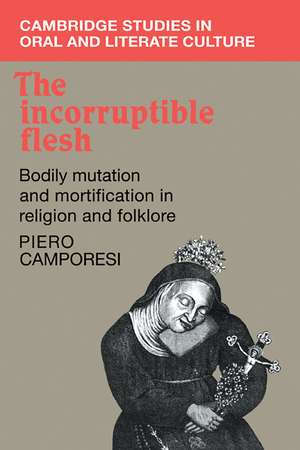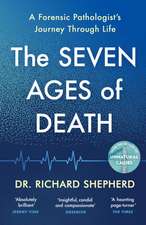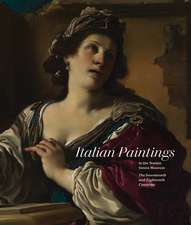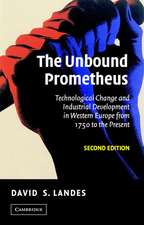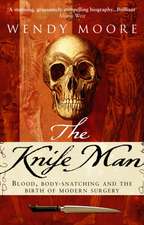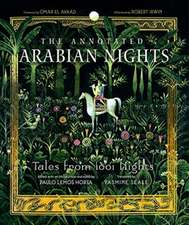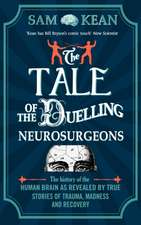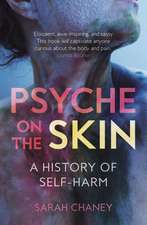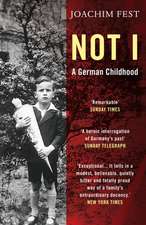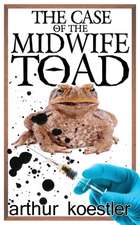The Incorruptible Flesh: Bodily Mutation and Mortification in Religion and Folklore: Cambridge Studies in Oral and Literate Culture, cartea 17
Autor Piero Camporesi Traducere de Tania Croft-Murrayen Limba Engleză Paperback – 11 feb 2009
Din seria Cambridge Studies in Oral and Literate Culture
-
 Preț: 157.71 lei
Preț: 157.71 lei -
 Preț: 285.37 lei
Preț: 285.37 lei -
 Preț: 309.77 lei
Preț: 309.77 lei -
 Preț: 283.79 lei
Preț: 283.79 lei -
 Preț: 295.80 lei
Preț: 295.80 lei -
 Preț: 284.98 lei
Preț: 284.98 lei -
 Preț: 441.06 lei
Preț: 441.06 lei -
 Preț: 293.76 lei
Preț: 293.76 lei -
 Preț: 208.89 lei
Preț: 208.89 lei -
 Preț: 379.72 lei
Preț: 379.72 lei -
 Preț: 452.09 lei
Preț: 452.09 lei -
 Preț: 286.89 lei
Preț: 286.89 lei -
 Preț: 399.33 lei
Preț: 399.33 lei - 11%
 Preț: 452.08 lei
Preț: 452.08 lei -
 Preț: 283.79 lei
Preț: 283.79 lei -
 Preț: 288.25 lei
Preț: 288.25 lei -
 Preț: 411.37 lei
Preț: 411.37 lei
Preț: 318.64 lei
Nou
Puncte Express: 478
Preț estimativ în valută:
60.97€ • 63.66$ • 50.46£
60.97€ • 63.66$ • 50.46£
Carte tipărită la comandă
Livrare economică 05-19 aprilie
Preluare comenzi: 021 569.72.76
Specificații
ISBN-13: 9780521108829
ISBN-10: 0521108829
Pagini: 300
Dimensiuni: 152 x 229 x 17 mm
Greutate: 0.44 kg
Editura: Cambridge University Press
Colecția Cambridge University Press
Seria Cambridge Studies in Oral and Literate Culture
Locul publicării:Cambridge, United Kingdom
ISBN-10: 0521108829
Pagini: 300
Dimensiuni: 152 x 229 x 17 mm
Greutate: 0.44 kg
Editura: Cambridge University Press
Colecția Cambridge University Press
Seria Cambridge Studies in Oral and Literate Culture
Locul publicării:Cambridge, United Kingdom
Cuprins
Foreword; Translators Notes; Part I: 1. The 'prodigious manna'; 2. The 'impassible' saint; 3. The dust of Death; 4. Superhuman and heavenly life; Part II: 5. Decay and rebirth; 6. Entomata; 7. Hypercatharsis; 8. The 'clock of health'. Bertoldo changes diet and dies; Part II: 9. Food for heroes; 10. 'Cock's broth'. The cook and the exorcist; 11. 'Everlasting perfumers'; 12. Forbidden games; Part IV: 13. The 'flesh of God'; 14. 'Paradisus voluptatis'; 15. Food sanctuaries; 16. The 'plagues of Africa'. 'Darkness over Egypt'; Index.
Descriere
Professor Camporesi examines what significance the body had for the obsessively religious, superstitious, yet materially bound minds of the pre-industrial age?
